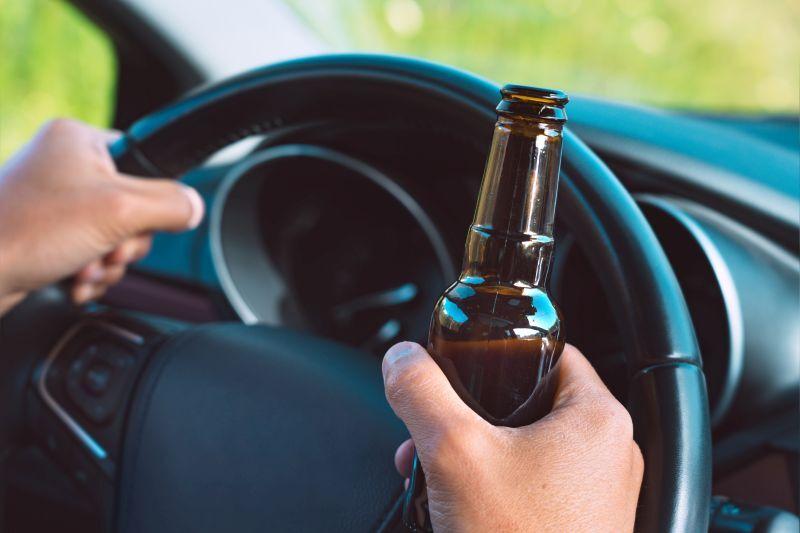This page has been automatically translated. Please refer to the page in French if needed.
Offense
Overt drunkenness can be considered a crime
Publié le 05 octobre 2023 - Legal and Administrative Information Directorate (Prime Minister)
If you are stopped at the roadside after drinking, a police officer or gendarme observing that you are “obviously drunk” while driving may see the crime without the need for breath or alcohol testing. This is the decision of the Court of Cassation on June 27, 2023, refusing to refer a priority constitutionality issue.

A driver is convicted of driving a vehicle while visibly intoxicated. He was sentenced by the Court of Appeal of Versailles to three months’ suspended imprisonment and four months’ suspension of his driving license.
He appealed on a point of law and asked the Court of Cassation to refer a priority question of constitutionality to the Constitutional Council. The driver considers that this offense provided for in Article L 234-1-II of the Highway Code is contrary to the Constitution. It states that the offense for which he is convicted does not have a sufficiently clear and precise definition. In his view, that infringement is contrary to the principle of the legality of offenses and penalties, the principle of legal foreseeability and legal certainty. No one may be convicted of an offense whose constituent elements are not provided for in a text.
The Court of Cassation refuses to refer this question because it is not serious. The constituent elements of the offense of driving a vehicle while obviously intoxicated are sufficiently clear and precise. There is no risk of arbitrariness. Unlike driving under the influence of an alcoholic state, a policeman or gendarme may subjectively detain this offense when he observes, for example, loss of balance, red eyes, incoherent or difficult speech or a breath smelling of alcohol.
Additional topics
Service-Public.fr
Agenda
Apprentissage
Jusqu'au 17 mai 2024
Publié le 03 mai 2024
Impôts
À partir du 11 avr. 2024
Publié le 11 avril 2024
Prévention Covid-19
À partir du 15 avr. 2024
Publié le 18 mars 2024
Calendrier scolaire
Du 6 avr. au 12 mai 2024
Publié le 15 mars 2024

